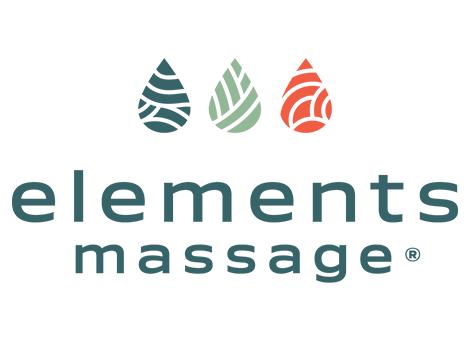In today’s fast-paced world, maintaining high levels of productivity can be challenging, especially with the prevalence of stress, physical discomfort, and mental fatigue. Massage therapy, recognized for its health benefits, also plays a significant role in enhancing productivity. By alleviating physical and mental stressors that can hinder focus and efficiency, massage therapy can contribute to improved performance in both personal and professional settings.
How Massage Therapy Enhances Productivity
-
Reduction of Physical Pain and Discomfort: Chronic pain and discomfort, often a result of prolonged sitting or repetitive tasks, can significantly detract from one's ability to concentrate and perform effectively. Massage therapy helps alleviate musculoskeletal pain, improving comfort levels and enabling individuals to focus better on their tasks (Field, 2014).
-
Stress Reduction: High stress levels can impair cognitive functions, including memory, attention, and decision-making. By reducing stress through the activation of the parasympathetic nervous system and lowering cortisol levels, massage therapy can enhance mental clarity and emotional resilience, contributing to improved productivity (Moraska et al., 2008).
-
Improvement in Sleep Quality: Quality sleep is essential for cognitive function, memory consolidation, and emotional regulation — all crucial components of productivity. Massage therapy has been shown to improve sleep quality by promoting relaxation and alleviating conditions that interfere with sleep, such as anxiety and pain (Field, 2016).
-
Boost in Mental Energy and Creativity: The relaxation and stress relief provided by massage therapy can lead to a rejuvenation of mental energy and an increase in creativity. With reduced mental fatigue, individuals are better able to generate innovative ideas and solve problems more efficiently (Rapaport et al., 2010).
-
Enhancement of Workplace Well-being: Incorporating massage therapy into workplace wellness programs can improve overall job satisfaction and morale. A positive work environment, where employees feel valued and cared for, can significantly boost productivity and reduce absenteeism (Field, 2010).
Scientific Evidence on Massage and Productivity
Research supports the connection between massage therapy and enhanced productivity. A study by Rapaport et al. (2010) found that participants who received massage therapy not only showed physiological signs of stress reduction but also reported feeling more alert and capable of performing tasks requiring concentration.
Another study focusing on workplace wellness programs incorporating massage therapy reported improvements in employee productivity, job satisfaction, and a decrease in work-related stress and musculoskeletal pain (Field, 2010).
Conclusion
Massage therapy emerges as a powerful tool in enhancing productivity by addressing several key factors that can hinder performance. By reducing pain and stress, improving sleep quality, and boosting mental energy, massage therapy can contribute to higher levels of focus, efficiency, and creativity. Employers and individuals alike stand to benefit from incorporating massage therapy into their wellness routines or workplace wellness programs, paving the way for not only healthier but also more productive environments.
References
- Field, T. (2010). Touch for socioemotional and physical well-being: A review. Developmental Review, 30(4), 367-383.
- Field, T. (2014). Massage therapy research review. Complementary Therapies in Clinical Practice, 20(4), 224-229.
- Field, T. (2016). Massage therapy research review. Complementary Therapies in Clinical Practice, 24, 19-31.
- Moraska, A., Pollini, R. A., Boulanger, K., Brooks, M. Z., & Teitlebaum, L. (2008). Physiological adjustments to stress measures following massage therapy: a review of the literature. Evidence-Based Complementary and Alternative Medicine, 7(4), 409-418.
- Rapaport, M. H., Schettler, P., & Bresee, C. (2010). A preliminary study of the effects of a single session of Swedish massage on hypothalamic–pituitary–adrenal and immune function in normal individuals. The Journal of Alternative and Complementary Medicine, 16(10), 1079-1088.

